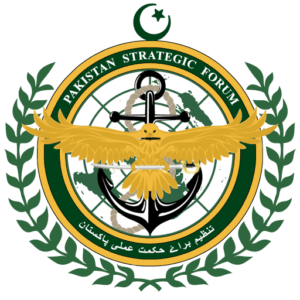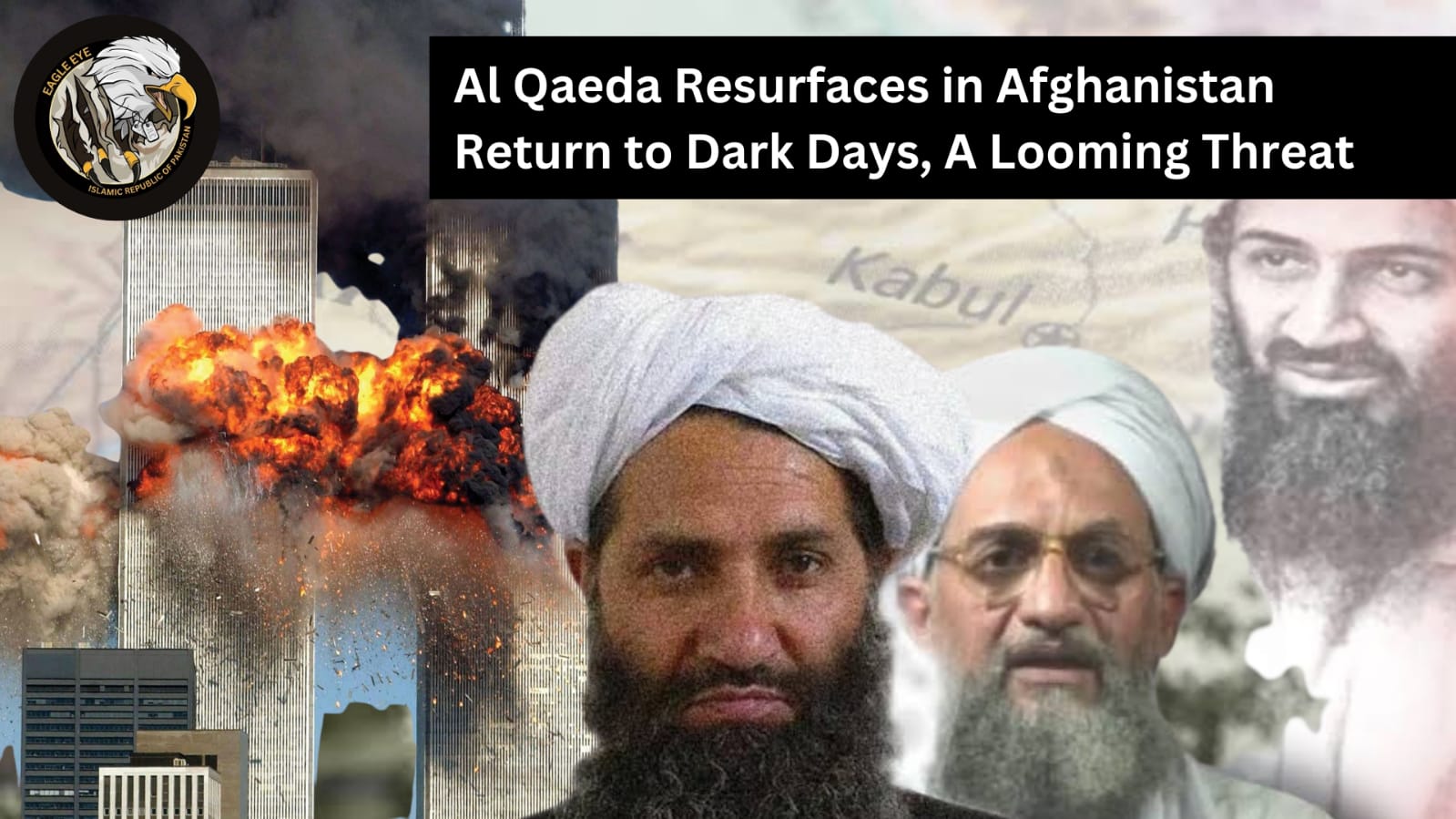The political uprising in Egypt and Tunisia in 2011 intensified the discussion on political potentials of internet communication. In June 2009, US Secretary of State Hillary Clinton declared internet freedom in American foreign policy after the protest of Iranian voters on presidential elections. The Tunisian blogger Sami Ben Gharbia considers the “Internet Freedom Agenda” a new strategy for advancing the geopolitical and economic interests of the West. The political changes in Latin America and Europe in the 1980s and 1990s and the rapid evolution of communication technologies during the last decades have resulted in increasing interest in media within the processes of political transition. With the decline of authoritarian control, the press and television broadcasts gain more space. Due to their greater capacities, media have the potential to involve more people into ongoing political changes. The big media institutions remain vulnerable to political interferences and require the protection of elite factions supporting further liberalization. The different parties involved in the negotiations process for the transition of political power need to agree on a new legislative framework for the governing the media sector.
The unification of democratic system in Pakistan faces multiple challenges. Pakistan is considered as one of most populated country in the world but the literacy rate in Pakistan is very low. According to a survey in 2015, only 55% of children from age five to nine attend school. Half of population of the country is illiterate. The federal structure of country is not well developed.
The internet is available in Pakistan since 2009. According to statistics of ITU, 10.4% of the population is using internet in Pakistan. There are over 20 million internet users and three million bloggers in Pakistan. With over four million Pakistani users on Facebook, Pakistan is ranked 26th in the world. The internet and mobile penetration rates in Pakistan are 23.42% and 60.4% respectively. Seeing these statistics, technology and social media is shaping the future of Pakistan. Most of Pakistan’s political actors have not recognized internet and social media as means for effective political communication. According to Sana (2011), President Zardari, Prime Minister Gilani and opposition leader Nawaz Sharif did not show any significant activity on the internet or social networks and are not active on internet. The Pakistan Tehreek-e -Insaf (PTI) led by former cricket star Imran Khan is one of the most active political organizations on the internet. According to Beena, the organization has an active website with news and announcements on internet about its activities. There are blogs by members of the organization, online chapters for the United States, United Kingdom and other countries with a significant Pakistani community, a Twitter account and even an application for smart phones. PTI has established several Facebook profiles for the organization and its chairman, so that followers receive news and can take part in debates on the social network. The party uses the internet to raise funds from its followers in Pakistan or abroad. Due to his extensive media presence, Imran Khan has been able to attract a significant following of mainly young people.
Another political figure in Pakistan showing an even greater discrepancy between online popularity and actual political impact is the former president and army chief Musharraf. According to Haque, Musharraf tries to portray himself as an alternative to the government, promising economic prosperity and moderate politics and his Facebook profile shows more than 400,000 followers.
According to Alexa, an online service ranking worldwide internet traffic, in 2012 Facebook is the most popular website in Pakistan. In mid-2011, the website had an estimated 5 million users. Alexa says the micro-blogging service, Twitter has gained considerable space with about 2 million users in Pakistan. People tweeting on news, political and social affairs are usually journalists and internet users. The recent example of social media application in political actions was during the attack by militants on the Pakistani Naval Base in Karachi at the end of May 2011, where several tweets called for urgent blood donations. According to the analysis of the Pakistani political parties’ manifestos by Working Document: Freedom of Expression and Net freedom in the Manifestos of Political Parties in Pakistan in 2013, it is seen that not a single political party in Pakistan has given any political statement about the internet freedom in their manifesto and the parties themselves have been using the social media to reach their publics and it gives a lot that were not serviced by the traditional media.
No doubt social media played an important role in politics and in recent elections of 2018 all political parties use social media like twitter for campaign, criticize opponents. Beside politicians people also use social media sites to convey their messages to politicians. However, too much reliance on social media platforms especially as source of news is vulnerable option. In era of fake news any user can be manipulated and used for nefarious agendas by hostile elements. It is true social media has given voice to voiceless, but it has also given more voice to already voiced people who not only exploit it but also play part in instability of social hierarchy.
Author: Arooj Yasin Chaudhary
About Author: Arooj Yasin Chaudhary is student of BS International Relations at National University of Modern Languages.
Note: The views expressed in this article are the author’s own and do not necessarily reflect the editorial policy of Pakistan Strategic Forum.
#TeamPakistanStrategicForum






